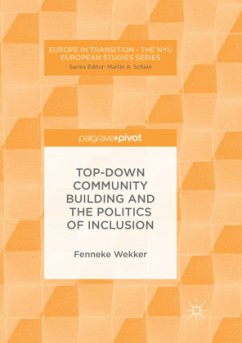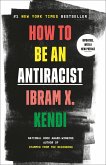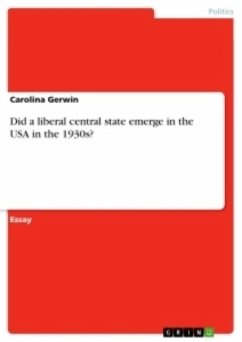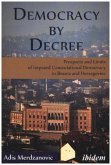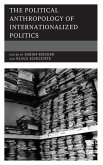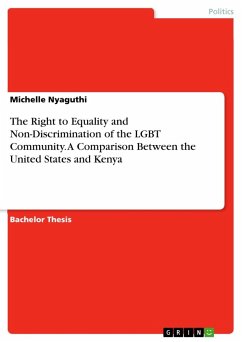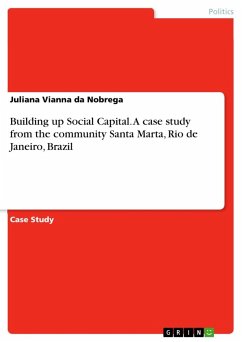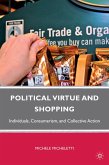This book explores mechanisms of inclusion and exclusion involved in practices of community building through an ethnographic study of a neighborhood restaurant in Amsterdam. It presents important insights into the advantages and empowering effects of professional, top down community building in a disadvantaged neighborhood, as well as its tensions and contradictory outcomes. The core argument of the study is that, in spite of the abserved restaurant's well-intended and well-organized attempts to create an inclusive and heterogeneous local community, it instead established one both exclusive and homogeneous. Through a set of community building practices and discourses of "deprivation" and "ethnic and racial otherness," the construction of collective fear for ethnic and racial "others" was indirectly facilitated among the white, working class visitors. As a result, insurmountable barriers were erected for non-white and non-native Dutch residents to become part of the local community. This project speaks to social scientists as well as social workers, governments, and policy-makers concerned with issues of social cohesion, informal networks, and professional community building in disadvantaged urban settings.

